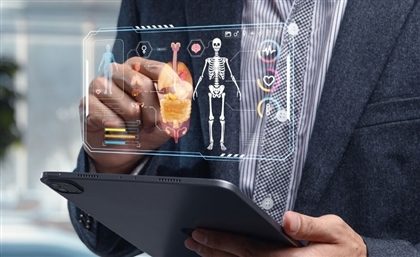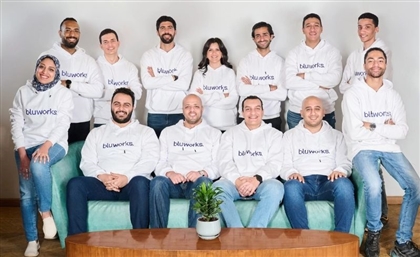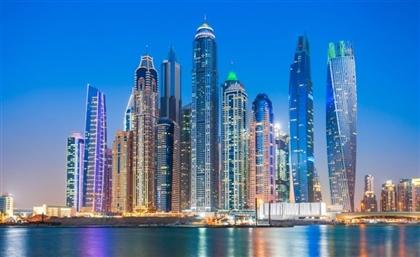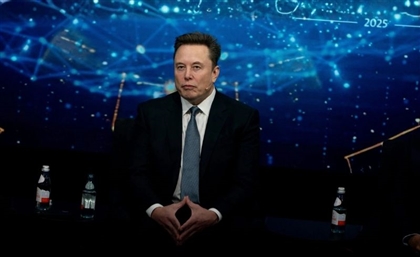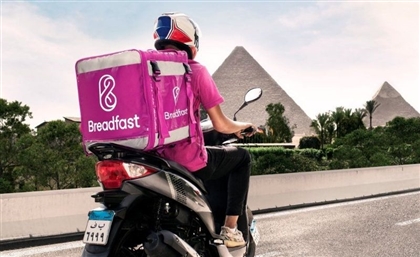Inside Egypt's First Zero-Waste Festival: Human, Technology, and the City
We speak with Ouishare Egypt's Founder Ehab Elia about his motivation behind AltShift Festival that kicked off last weekend.
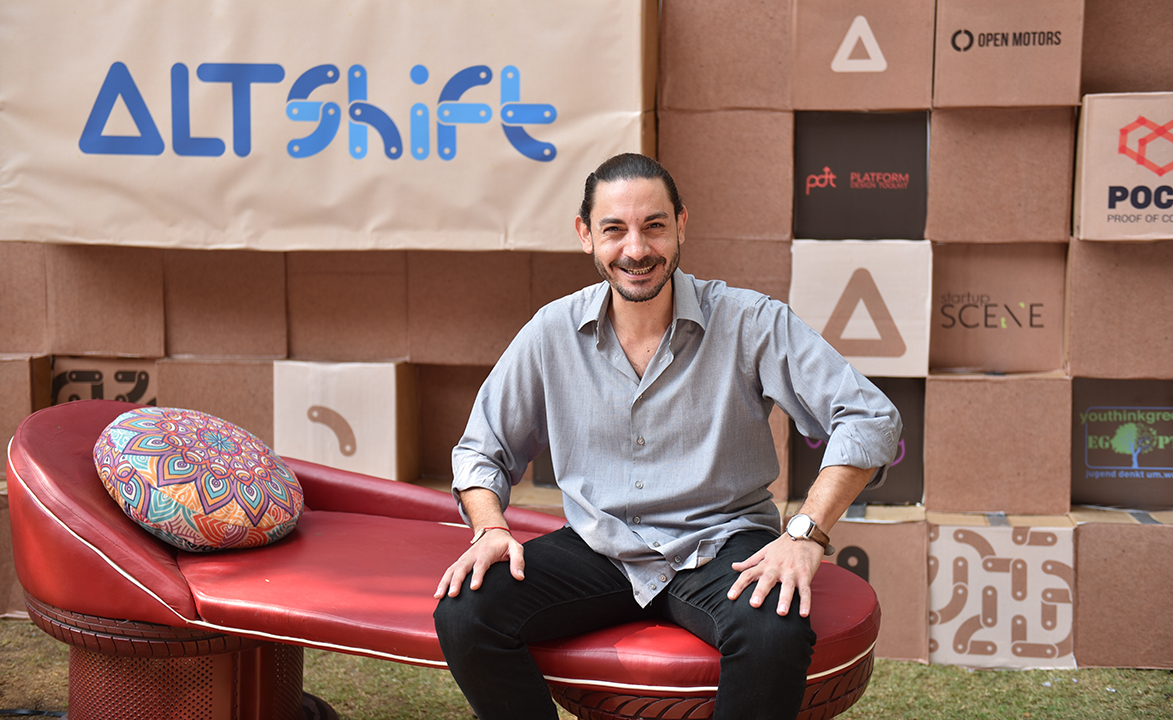
"Have you ever gone to a place and find yourself breathing positive energy? That was how I felt the first time I attended Ouishare Fest in Paris," Ouishare Egypt's Founder Ehab Elia tells Startup Scene. It was 2014 when Elia first attended the festival in France as a volunteer. Everyone adopted a philosophy that everyone is well-intentioned until they prove the opposite. Four years later, he decided to adopt this transcend this philosophy to a Cairene version of Ouishare: AltShift.
Elia spent over 10 years as an employee; he was a project manager at a giant travel agency that made €1 million of sales per year. Since he went to Ouishare Fest with the mentality of an employee, Elia went through a paradigm shift and decided to leave the corporate world and venture into the world of innovation. But after a few years, he started realising that the solutions that are developed are far from solving problems in reality. "I found that I didn't add any real value in Europe; there were thousands of people who can do what I did Ouishare in France, but there were none in Egypt," he elaborates.
Harvard's Centre for International Development ranks Egypt third in a list for the fastest growing economies to 2026. It predicts that Egypt will achieve an average economic growth of 6.63 percent per year for the next eight years until 2026. "So, there's an economic growth, with a population of 100 million more than have of which are youth; there are all to me synonymous to the word opportunity."

Claudia Gross talks to the audience about the humanity of work
At KMT House, the zero-waste festival kicked off on the 19th of October until the 21st and was split into three themes: Human, Technology, and the City. The Human theme included tracks like “Human Futures of Work” presented by Claudia Gross the management trainer and organisational consultant, and “Health” presented by the health tech entrepreneur Ahmed Sanad. As Gross engages her audience in a conversation about the future of teams in the workplace, another panel took place in parallel at a Villa a few steps away from KMT House. Three women; Hadia Abdelfatah, Sharine Atef, Mona Gamil, and Elia took part in a panel that discussed how the use of new media and storytelling can foster women leadership in Egypt. This panel also featured a series of videos screened before the audience to display artwork that reflected issues career women deal with in their everyday lives.
The second day had the theme of "Technology" which included tracks such as “Open Organisations,” “Decentralised Technologies - Blockchain and other decentralised technology,” “Fintech,” and an open stage. The day also included cross-sessions, which brought together experts from different tracks.
The final day invited participants to co-create a “Regenerative City Model.” The Regenerative City Model aims to bring together different positive concepts around regenerative cities and demonstrate how they can be applied in different contexts to make cities more resilient. Speaking about the Regenerative "There is a lot of positive concepts that already exist, but never together. What if we put the maximum of these concepts into a city to create a Regenerative City Model?" Elia rhetorically asks.

Sharine Atif talks about her experience, moving from the States to post-revolutionary Cairo.

Rania Seddik presents the idea behind GebRaa, an e-commerce startup that displays handcrafted products from backstreet stores and workshops.



